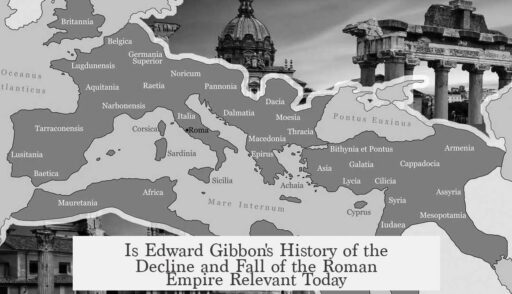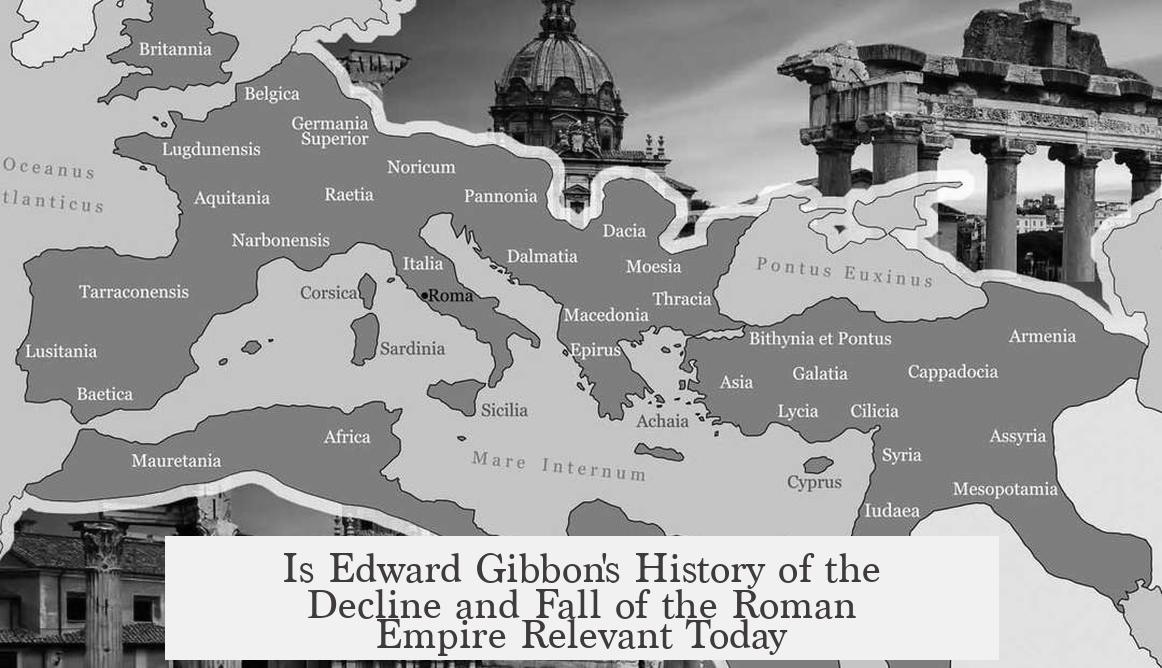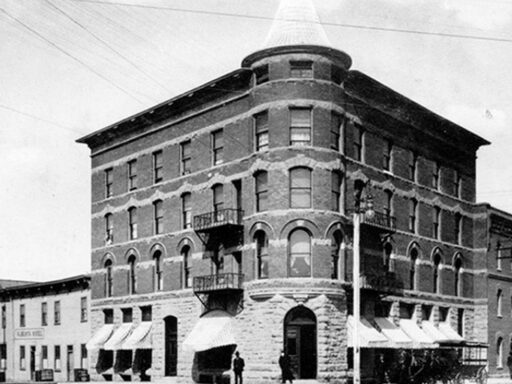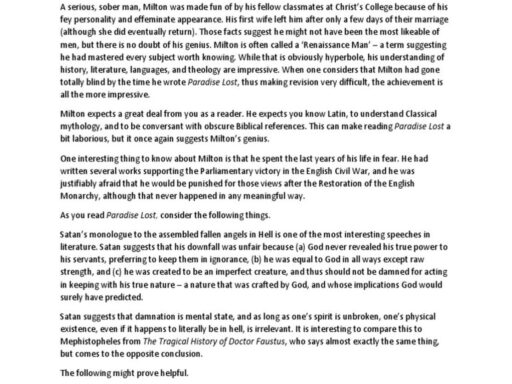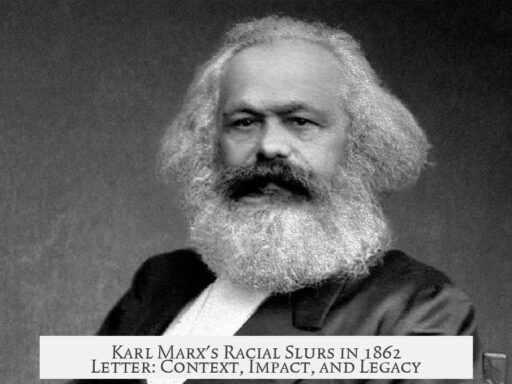Edward Gibbon’s The History of the Decline and Fall of the Roman Empire remains worth reading today, primarily for its literary style and historical insights, though with caution due to its outdated interpretations.
Gibbon produced a large and detailed work, valued for elegant prose and comprehensive coverage of Roman history. However, much research and archaeology have since expanded knowledge, rendering parts of his narrative obsolete. Readers benefit from selective reading rather than a cover-to-cover approach.
The book includes rich descriptions of the Germanic tribes, who played a crucial role in the Western Roman Empire’s collapse. Gibbon highlights their evolution from resistors to invaders and eventual rulers in former Roman lands. He notes the enduring influence of barbarian laws and customs on modern European legal and social systems.
Gibbon draws on Tacitus for a philosophical and historical view of the Germans’ climate, manners, and institutions, portraying them as formidable enemies of Rome. This depiction shaped modern views about the barbarians but also prompted further debate.
Modern historians provide alternative interpretations challenging Gibbon’s thesis of steady Roman decline. Notably, Henri Pirenne argued that the Roman world persisted under barbarian rulers and significant transformation followed the Muslim conquests, which disrupted Mediterranean unity. Peter Heather built on this, suggesting many tribes sought integration rather than destruction of Rome.
This evolution in scholarship means readers should view Gibbon’s work as part of a larger historiographical conversation. It is advised to start with Gibbon’s text for literary and foundational perspective, then explore Pirenne’s Mohammed and Charlemagne and Heather’s Barbarians and Europe for newer frameworks. These works contrast and complement each other, illustrating how understandings have changed.
Additionally, Gibbon’s portrayal of Christianity contributing to Rome’s softness has fallen out of favor. Modern historians reject the idea that religion alone weakened the empire. Instead, complex political, economic, and military factors are emphasized.
For those interested in reading Gibbon with context, several online resources are recommended. The Reddit community r/AskHistorians provides detailed FAQs and discussions about Gibbon’s reliability and lasting impact. Specific threads analyze where to take his conclusions with caution and how his historiography gained prominence.
- Gibbon’s narrative offers valuable literary and historiographic insight but requires supplementation.
- The depiction of Germanic tribes remains a significant and influential element.
- New research alters the traditional view of Rome’s fall, highlighting continuity and transformation.
- Current recommendations include reading Gibbon alongside modern historians like Pirenne and Heather.
- Online scholarly communities help contextualize and critically assess Gibbon’s arguments.
Gibbon’s Decline and Fall holds interest as a foundational historical work. It is best approached as a classic text rather than a definitive, up-to-date history. Combined with modern sources, it enriches understanding of Rome’s complex decline and legacy.
Is Edward Gibbon’s *The History of the Decline and Fall of the Roman Empire* still relevant today?
Gibbon’s work remains well-written and contains interesting insights. However, much research has since updated its content. It’s worth reading selectively rather than cover-to-cover.
How does Gibbon portray the Germanic tribes and their role in Rome’s fall?
He sees the Germanic tribes as key players who first resisted, then invaded Rome. Gibbon links their culture to the roots of modern European laws and manners.
Are there alternative views to Gibbon’s explanation of Rome’s decline?
Yes. Some historians argue the barbarians didn’t aim to destroy Rome but to join it. Others highlight the Muslim conquest as a major turning point influencing Europe’s development.
What is the best way to approach reading Gibbon’s history today?
Skimming Gibbon’s text while supplementing it with modern works by Pirenne and Heather helps understand shifting historical interpretations and new archaeological findings.
Does Gibbon’s idea that Christianity weakened Rome still hold up?
Most historians reject this view now. Gibbon’s argument that Christianity sapped Roman virtues is considered outdated and oversimplified.
